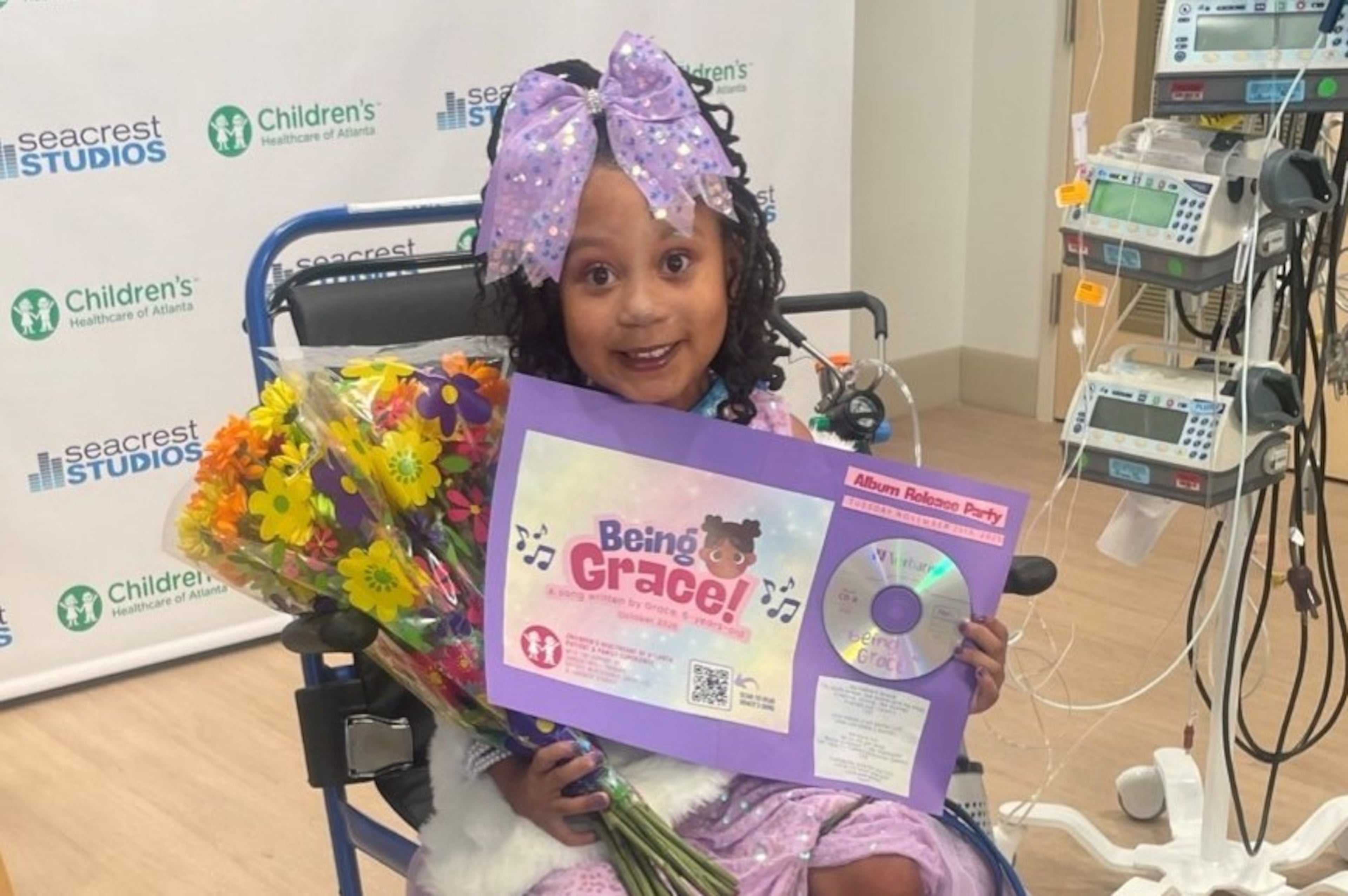Long, irregular menstrual cycle linked to early death
Women who experience long and irregular menstrual cycles during reproductive years may be at greater risk of dying before age 70, an observational study finds.
The study, published recently in the journal The BMJ, found the likelihood of premature death was stronger when related to cardiovascular disease and when long and irregular cycles were present during adolescence and adulthood. The link was slightly stronger among women who smoked.
Long and irregular cycles aren’t uncommon, and have been associated with a higher risk of ovarian cancer, coronary heart disease, Type 2 diabetes and mental health problems. But there has been little research into their link to mortality, the researchers said.
The researchers analyzed data from 79,505 premenopausal women (average age 38) with no history of cardiovascular disease, cancer or diabetes who were taking part in the Nurses' Health Study II.
Women reported the usual length and regularity of their menstrual cycles at ages 14-17, 18-22 and 29-46.
During 24 years of follow-up, the researchers found, there were 1,975 premature deaths, including 894 from cancer and 172 from cardiovascular disease.
After factoring in age, weight, lifestyle, family medical history and other factors, the researchers found that women who reported always having irregular menstrual cycles experienced higher mortality rates than women who reported very regular cycles in the same age ranges.
Similarly, Science Daily wrote, “women who reported that their usual cycle length was 40 days or more at ages 18-22 years and 29-46 years were more likely to die prematurely than women who reported a usual cycle length of 26-31 days in the same age ranges.”
The researchers noted that because their study was observational, they couldn’t establish cause. However, because of the large number of participants and high follow-up over many years, the researchers emphasize “the need for primary care providers to include menstrual cycle characteristics throughout the reproductive life span as additional vital signs in assessing women’s general health status.”



